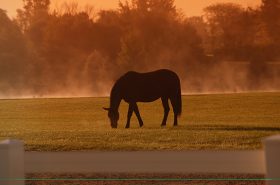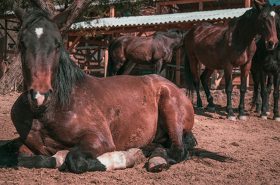These days, many people are interested in feeding a more natural diet to their horses. A forage-based diet is always best, but when supplementing certain nutrients or when dealing with specific conditions, herbs can be a great addition to your horse’s diet. Here are a few you might be interested in learning more about:
Dandelion
High in vitamins A, B complex, C, D, E, and K, as well as potassium, magnesium, iron, and calcium, these little plants really pack a nutritional punch. They also have diuretic and detoxifying properties.
Just a word of caution: If hand-picking these plants, be aware of the difference between dandelions and false dandelions (cat’s ear or flatweed) since the latter are thought to cause stringhalt if consumed in large numbers.
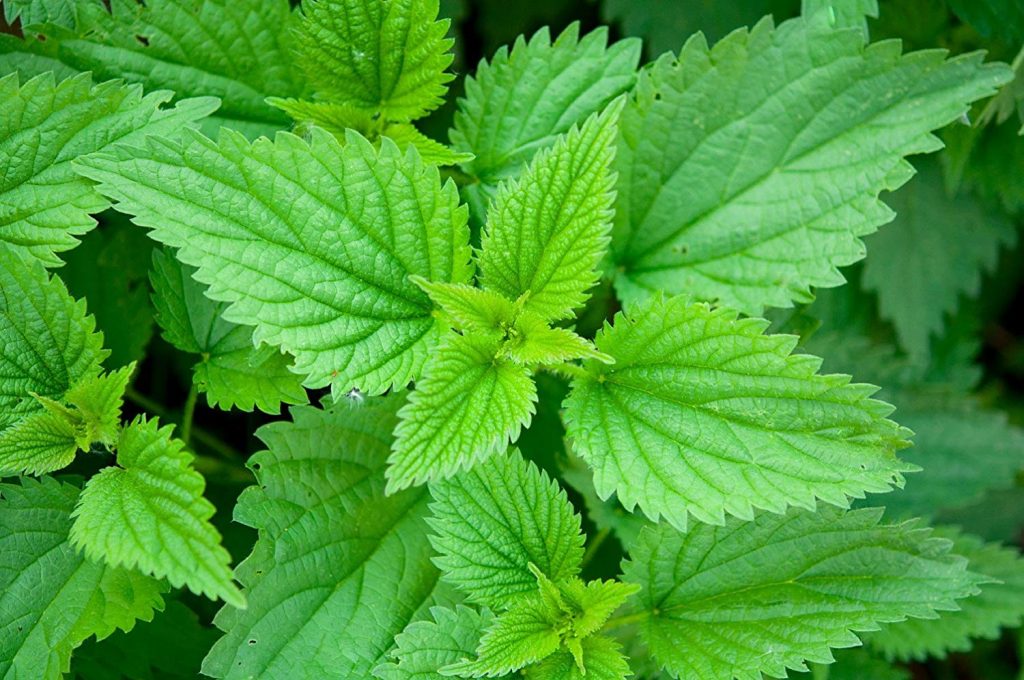
Nettle
Rich in iron, vitamin C, and chlorophyll, nettle is another nutritious herb. It’s commonly used for anemia or with allergic conditions, but this plant may also be helpful in treating laminitis, arthritis, and respiratory issues.
Though some have reported seeing horses eat live nettle in the pasture, its leaves have stinging, hair-like spikes (hence the name “stinging nettle”). However, once the plant is cut and dried, it loses its sting. Feeding dried nettle is completely safe.
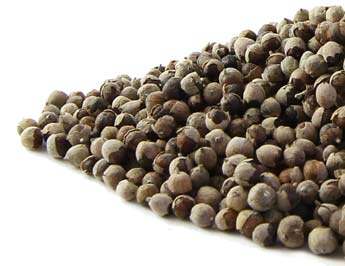
Chaste Tree Berry
With its ability to balance hormones, this herb has long been used for menstrual cycle irregularities, menopause, and infertility, but it’s also been found to be effective for horses with pituitary gland problems, such as Cushing’s disease, insulin resistance, and hypothyroidism.
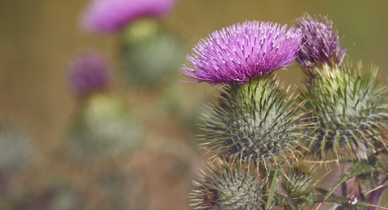
Milk Thistle
Milk thistle is another detoxifying herb which can help cleanse the liver if your horse has been on medication long term or after giving a chemical dewormer. It also has anti-allergy and anti-inflammatory properties.
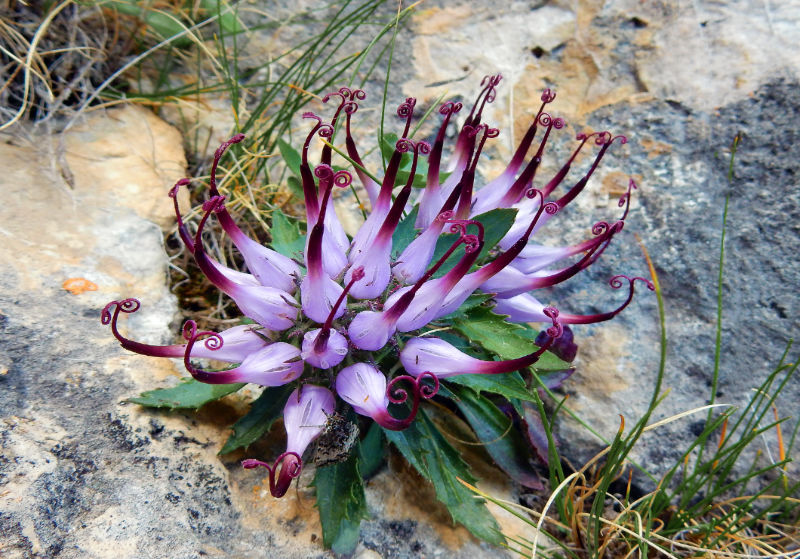
Devil’s Claw
Another natural anti-inflammatory is Devil’s Claw, aka, “herbal bute”. This herb can be helpful for older horses with arthritis or for equine athletes dealing with occasional muscle aches and pains.
A word of caution though: Devil’s Claw can increase gastric secretions and may not be suitable for horses with ulcers.
These are just a few herbs which can be beneficial for horses. Feel free to share any others you’ve found helpful in the comments below!
Disclaimer: Always check with your vet before feeding any herb, especially if your horse is on other medication.
**
Casie Bazay is a freelance and young adult writer, as well as an owner/barefoot trimmer and certified equine acupressure practitioner. She hosts the blog, The Naturally Healthy Horse, where she regularly shares information on barefoot, equine nutrition, and holistic horse health. Once an avid barrel racer, Casie now enjoys just giving back to the horses who have given her so much. Follow Casie at www.casiebazay.com.


